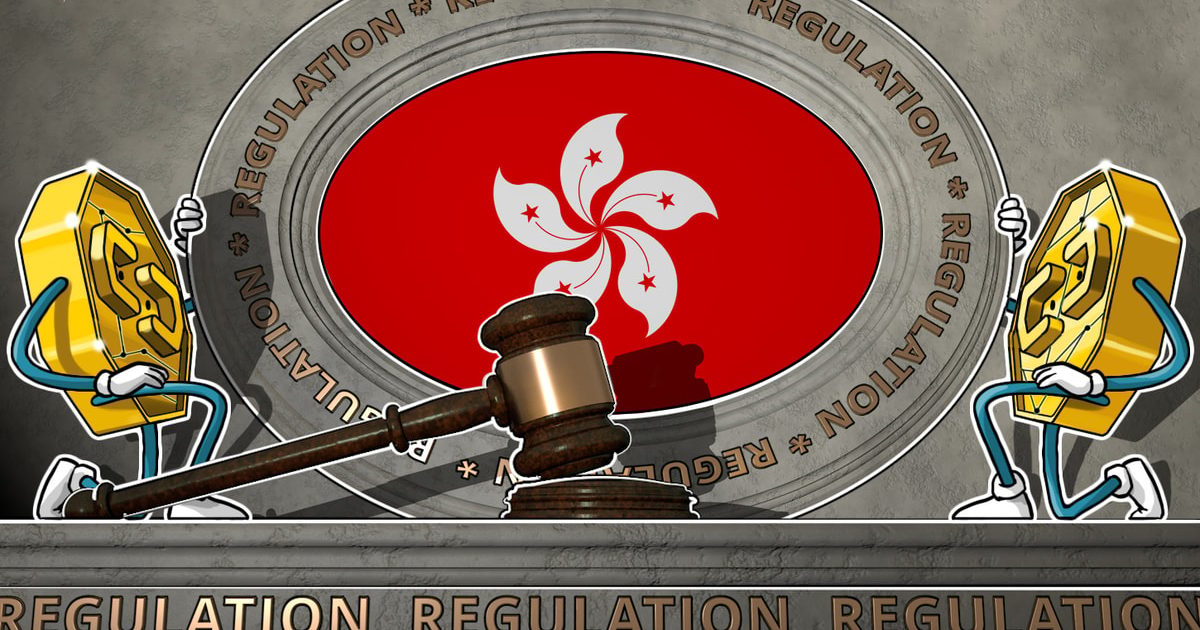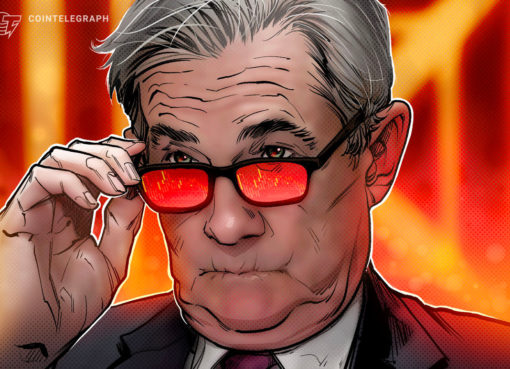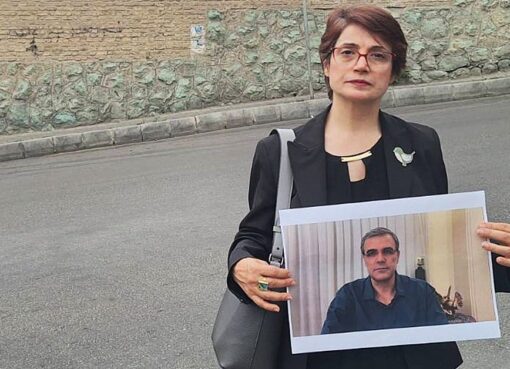Hong Kong’s legislative council has passed a new amendment to its anti-money laundering (AML) and terrorist financing system to include virtual asset service providers.
The latest legislation will establish a new licensing regime for virtual asset service providers, set to come into effect from June 1, 2023. The new amendment will subject crypto exchange service providers to the same legislation as followed by traditional financial institutions.
It means virtual exchanges looking to open a business in Hong Kong will have to go through rigorous AML guidelines and investor protection laws before being granted a license of operation. Unlike most other regulators around the globe, Hong Kong has used the FTX collapse as a way to mitigate regulatory risks associated with centralized exchanges.
In the aftermath of the FTX crypto exchange collapse, regulators from around the world have faced public ire for their failure to protect retail investors. There has been a growing demand to bring crypto exchanges and service providers under the purview of law and subject them to strict AML and investor protection requirements.
Related: Could Hong Kong really become China’s proxy in crypto?
In a recent conference, Hong Kong Monetary Authority chief executive Eddie Yue hinted at possible investor protection regulations coming soon to the nation. The recent legislation amendment has propelled the nation to become the first mover on the pressing issue of investor protection.
Hong Kong has been actively working towards establishing a well-thought regulatory groundwork for the nascent crypto market. A policy proposing a regulatory framework and risk-based regulatory direction was published by the Hong Kong government in October under the title ‘Policy Declaration on the Development of Virtual Assets”. The government has suggested a number of pilot projects to evaluate and improve the technologies underlying virtual assets.




